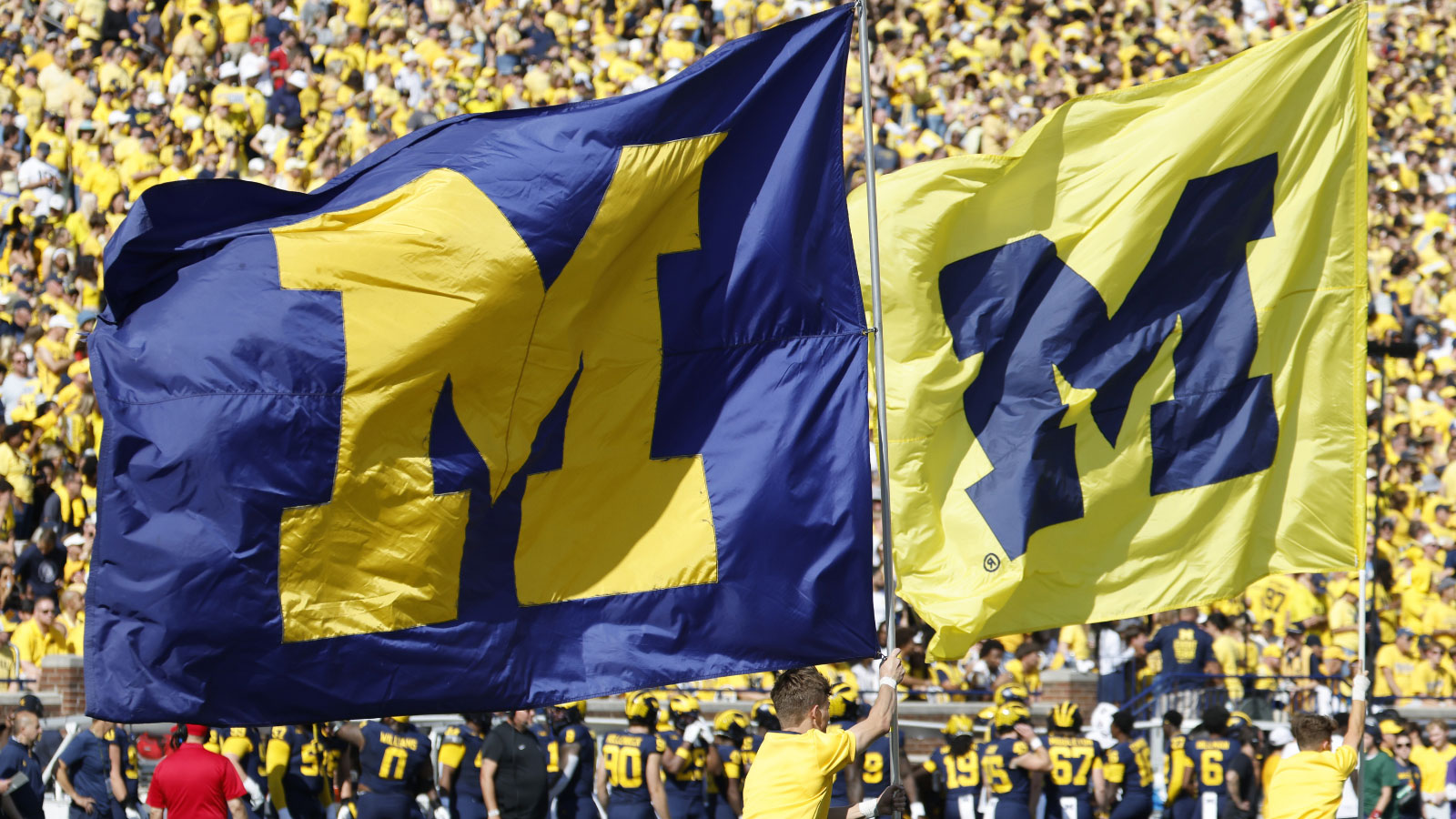The Korea Fair Trade Commission (KFTC) has imposed a fine of 11.6 billion won (approximately $8.9 million) on Nexon, a leading figure in the global video game industry, citing alleged ‘deceptive practices' in its popular Massively Multiplayer Online (MMO) game, MapleStory. Developed by Nexon's subsidiary, Wizet, MapleStory has been instrumental in pioneering the use of microtransactions in gaming.
Nexon's Deceptive Practices In MapleStory & Beyond
Central to this controversy are ‘Cubes,' a type of randomized in-game item in MapleStory, used for enhancing equipment. The KFTC alleges that between 2011 and 2021, Nexon covertly lowered the drop rates for certain high-value Cubes without properly informing players. This action is considered a violation of South Korea's Electronic Commerce Act. The agency argues that Nexon made 449 minor updates to MapleStory in this period, changing game dynamics without adequate disclosure to players.
This decision by the KFTC reflects a broader concern about deceptive business practices in the gaming industry, highlighting the significance of consumer trust and regulatory compliance. Despite the substantial nature of the fine, some industry experts view it as relatively lenient given MapleStory's financial success. Between 2011 and 2021, the game generated over 550 billion won ($418 million) in revenue from Cube sales alone.
The controversy extends beyond MapleStory. Nexon also faces accusations of manipulating game odds in Bubble Fighter, an online shooter, further intensifying the scrutiny the company faces from regulators.
Nexon's Legal Response & Industry Implications
In response to the fine, Nexon has indicated plans to challenge the decision or pursue court arbitration. The company argues that there was no legal requirement to disclose item probabilities before 2016, noting that the practice of disclosing loot box rates was only voluntarily adopted by major companies like Sony and Microsoft at that time. Nexon asserts that retrospective sanctions by the KFTC could have adverse effects on the thriving South Korean gaming industry.
Nexon's legal troubles are not confined to this fine. The company recently experienced a setback in the United States with the dismissal of its copyright lawsuit against Ironmace, developers of the upcoming multiplayer fantasy game Dark and Darker. The dismissal, based on jurisdictional grounds, underscores the challenges Nexon faces in an evolving legal landscape.
The KFTC's action against Nexon marks a significant moment in the regulation of the gaming industry, particularly concerning microtransactions and consumer transparency. As the industry continues to evolve, regulatory bodies like the KFTC play a crucial role in establishing and enforcing guidelines that protect consumers while fostering a fair and competitive market.
Gaming's Transparency Challenge & Regulatory Impact
This situation also sheds light on the growing importance of clear communication between game developers and their player base, especially in areas involving microtransactions and game mechanics. As games become increasingly complex and monetized, the need for transparency and ethical practices becomes more critical for maintaining consumer trust and industry integrity.
Nexon's response to the fine and its legal strategy will be closely watched by industry observers and gamers alike, as it could set precedents for how game companies manage their in-game economies and interact with regulatory bodies. The outcome of this case could have far-reaching implications for game developers and publishers, especially those operating in markets with stringent consumer protection laws.
The KFTC's ruling serves as a reminder of the delicate balance game developers must maintain between monetization strategies and fair play. As the industry continues to grow, ensuring this balance will likely become an increasingly significant challenge for regulators and gaming companies worldwide.
For more gaming news, visit ClutchPoints Gaming




















